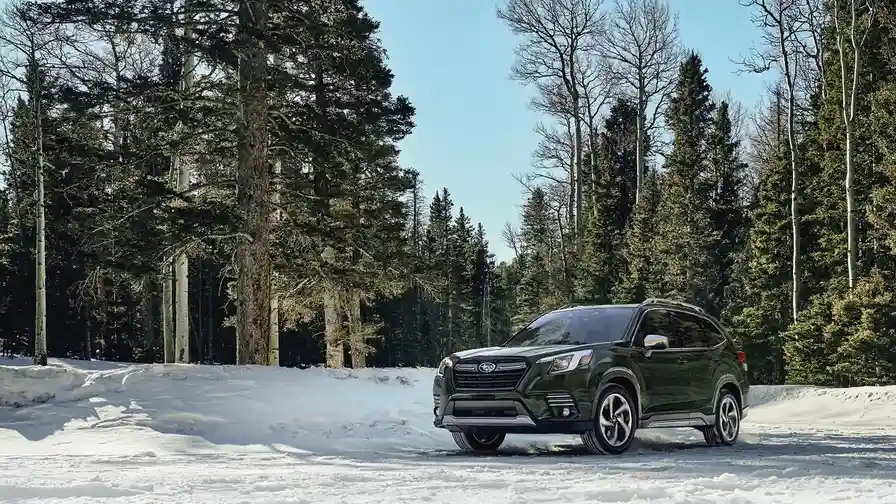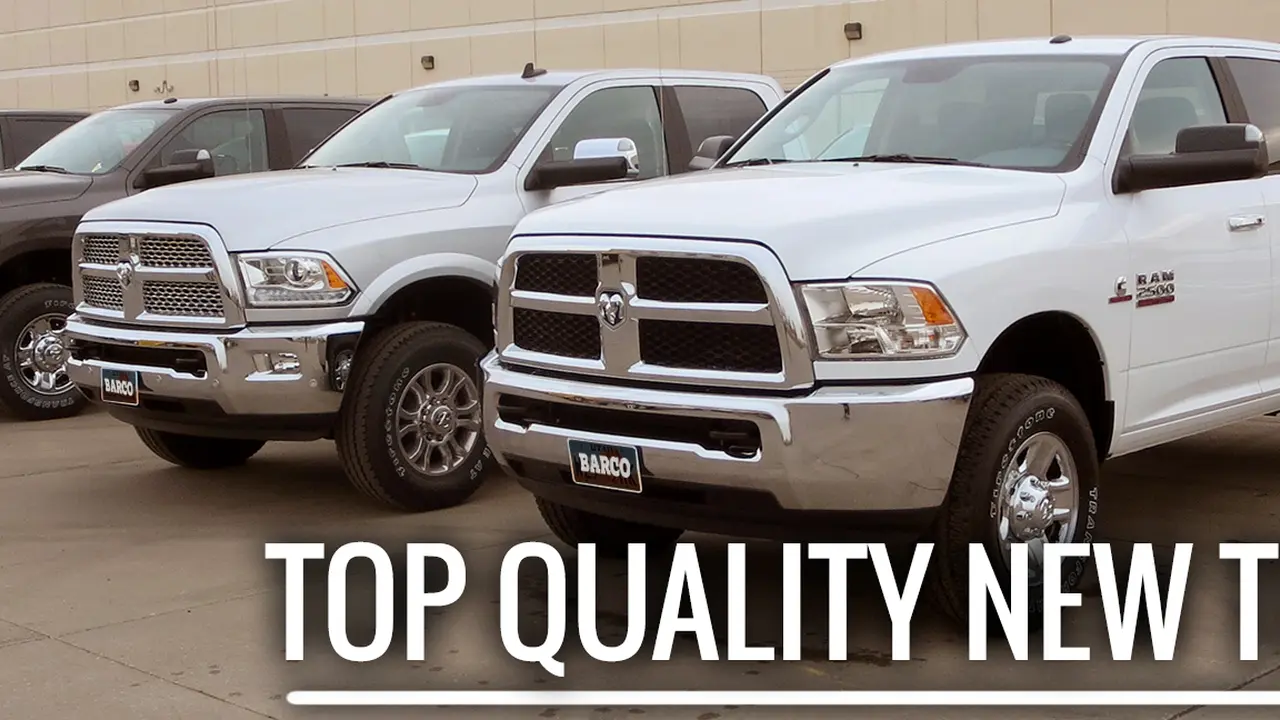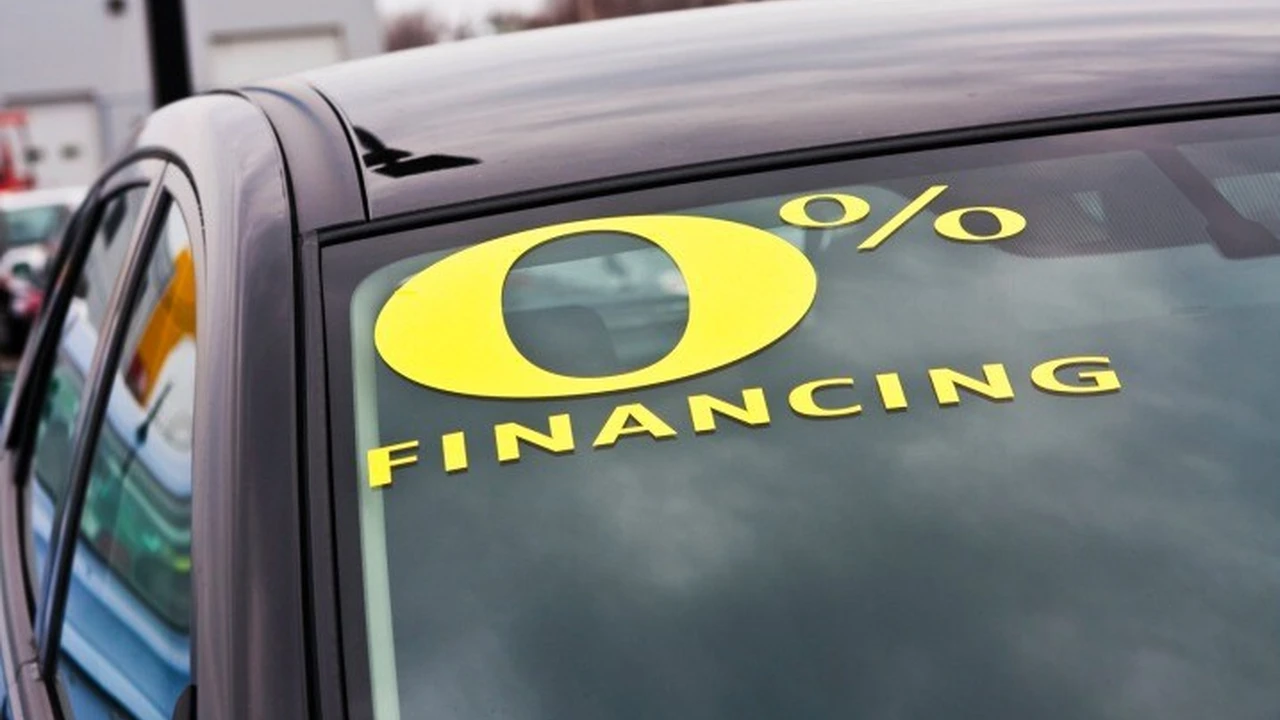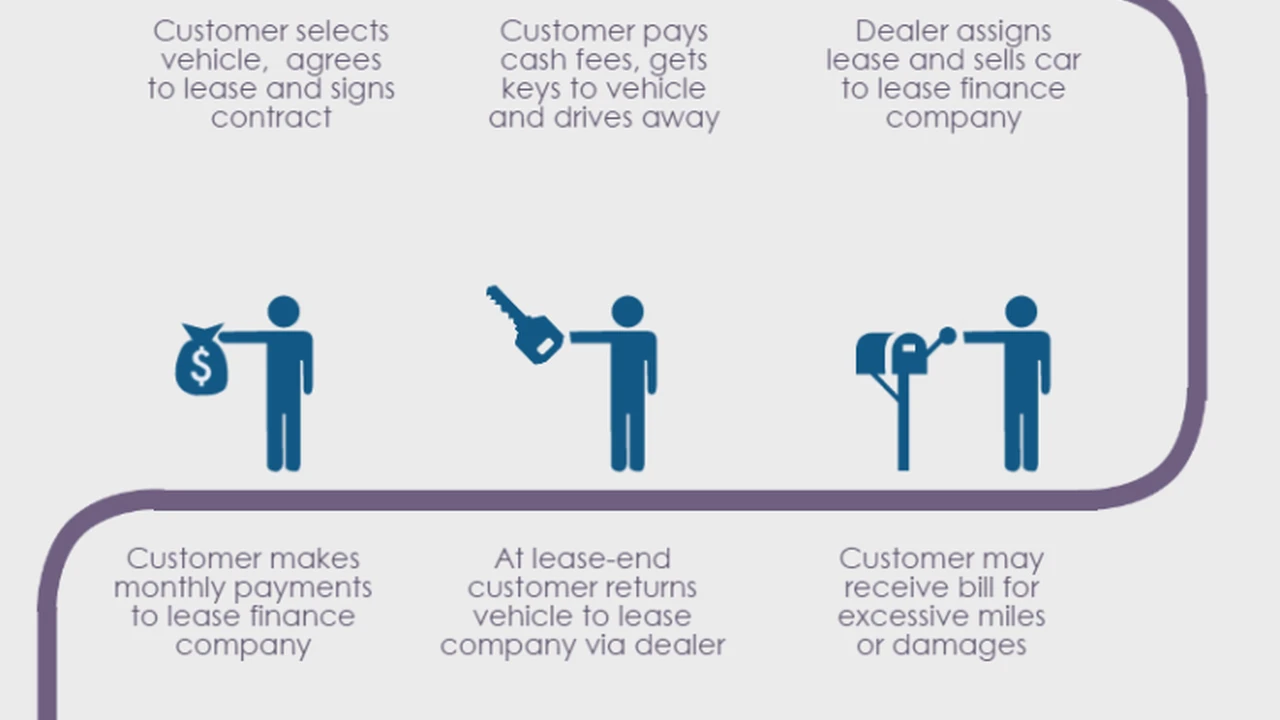Motorcycle vs. Car: A Different Driving Experience
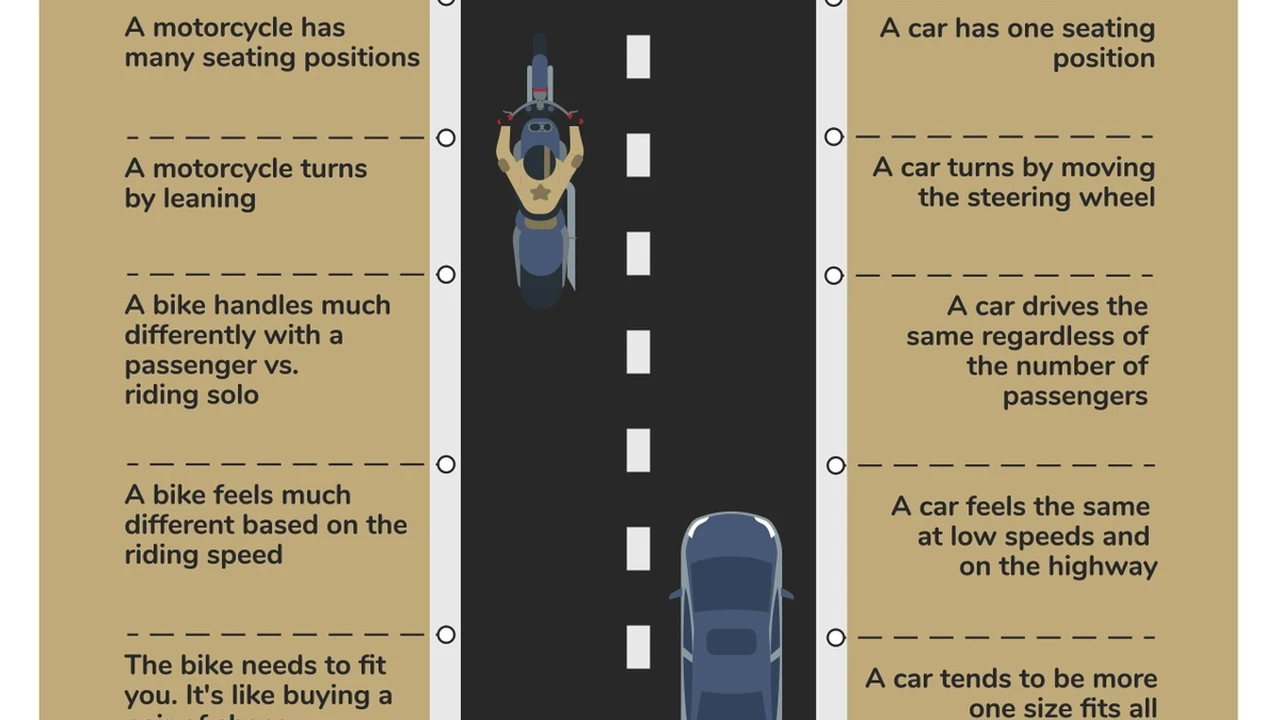
Motorcycle vs Car Exploring the Key Differences in Driving Dynamics
Okay, so you're thinking about shaking things up, huh? Trading in that four-wheeled cage for the open road on two wheels? Or maybe you're a biker curious about what all the fuss is about with cars. Either way, let's dive into the nitty-gritty of motorcycle versus car driving. It's not just about the number of wheels; it's a whole different ballgame.
First off, handling. Cars are, well, stable. You point them in a direction, and they generally go there. Motorcycles? They're all about lean angles and counter-steering. You actually steer *into* the turn to make it happen. It's a more active and engaging experience. Think of it like dancing versus… well, sitting on a couch. Both have their merits, but one definitely gets your heart pumping more.
Then there's the exposure. In a car, you're cocooned in metal, glass, and airbags. On a motorcycle, you're exposed to the elements – wind, rain, sun, bugs (oh, the bugs!). Some people love that feeling of freedom; others prefer the comfort and safety of a car. There’s no right or wrong answer, just personal preference.
And let's not forget about practicality. Need to haul groceries? Moving furniture? Taking the whole family on a road trip? A car is the clear winner. Motorcycles are more about the thrill of the ride than the practicality of hauling stuff. Unless, of course, you're talking about a sidecar… but that's a whole different conversation.
Motorcycle Advantages Unveiling the Perks of Two-Wheeled Freedom and Agility
Alright, let’s talk about why people are so obsessed with motorcycles. What's the appeal? Well, for starters, there's the sheer thrill of it. The wind in your face, the engine roaring, the feeling of carving through a turn… it's an adrenaline rush like no other. It's an escape from the everyday grind.
Then there's the agility. Motorcycles can weave through traffic like a ninja, making them ideal for commuting in congested cities. Parking is a breeze, and you can often bypass traffic jams altogether. Plus, they're just plain fun to ride. Even a short trip to the grocery store can feel like an adventure.
Fuel efficiency is another big plus. Most motorcycles get significantly better gas mileage than cars. You'll be saving money at the pump and reducing your carbon footprint (well, maybe a little bit). Plus, motorcycles are generally cheaper to insure and maintain than cars.
And let's not forget the community. Bikers are a tight-knit bunch, always willing to lend a hand or share a story. There are motorcycle clubs, rallies, and events happening all the time. It's a great way to meet new people and make lifelong friends.
Car Advantages Exploring Comfort Safety and Practicality in Four-Wheeled Vehicles
Okay, so motorcycles are cool and all, but cars have their advantages too. And they’re significant. First and foremost, there's comfort. Cars are designed for long-distance travel, with comfortable seats, climate control, and entertainment systems. You can drive for hours without feeling fatigued.
Then there's safety. Cars offer significantly more protection in the event of a crash. They have airbags, seatbelts, and crumple zones designed to absorb impact. Motorcycles, on the other hand, offer minimal protection. A helmet and protective gear can help, but they can't compare to the safety of a car.
Practicality is another key advantage. Cars can carry passengers and cargo with ease. They're ideal for families, road trips, and hauling groceries. Motorcycles are more limited in their carrying capacity. While you can add saddlebags or a top case, they're still not as versatile as a car.
And let's not forget about weather protection. Cars keep you dry and warm in rain, snow, and cold weather. Motorcycles leave you exposed to the elements. Unless you're a masochist, you're not going to enjoy riding a motorcycle in a downpour.
Motorcycle Recommendations Top Motorcycle Models for Different Riding Styles and Budgets
So, you're leaning towards two wheels? Awesome! Let's talk about some specific motorcycles. There are so many different types out there, it can be overwhelming. Let's break it down by riding style and budget.
For the Beginner Rider: Honda Rebel 300 (MSRP $4,849)
The Honda Rebel 300 is a fantastic entry-level bike. It's lightweight, easy to handle, and has a comfortable riding position. The engine is smooth and forgiving, making it ideal for learning the ropes. Plus, it looks pretty darn cool with its minimalist cruiser styling. Great for city commutes and weekend jaunts.
For the Sportbike Enthusiast: Yamaha YZF-R6 (MSRP Discontinued but available used)
Okay, the YZF-R6 is a legend. It's a high-revving, adrenaline-pumping machine that's designed for one thing: speed. It's not the most comfortable bike for long distances, but if you're looking for a thrill, this is it. Track days, canyon carving… the R6 is in its element. Finding a used one in good condition is key.
For the Adventure Seeker: BMW R 1250 GS (MSRP $20,345)
The BMW R 1250 GS is the king of adventure bikes. It's comfortable, powerful, and capable of tackling any terrain. Whether you're crossing continents or just exploring dirt roads, the GS is up to the task. It’s a premium choice, but the build quality and features are worth the investment if you are serious about adventure riding. Consider adding crash bars and off-road tires for serious off-road adventures.
For the Cruiser Fanatic: Harley-Davidson Street Glide (MSRP $21,999)
No motorcycle list is complete without a Harley. The Street Glide is a classic American cruiser with a comfortable riding position, a powerful engine, and plenty of style. It's perfect for long-distance touring and cruising down the highway. Plus, you'll get plenty of envious stares. Customization options are endless.
For the Commuter: Suzuki SV650 (MSRP $7,399)
The Suzuki SV650 is a versatile and affordable naked bike that's perfect for commuting. It's lightweight, nimble, and has a peppy V-twin engine. It's also surprisingly comfortable for longer rides. A great all-around bike that won't break the bank.
Car Recommendations Top Car Models for Different Needs and Budgets
Alright, let's switch gears (pun intended!) and talk about cars. Just like motorcycles, there are tons of different types to choose from. Here are some recommendations based on different needs and budgets.
For the Budget-Conscious Buyer: Toyota Corolla (MSRP $21,900)
The Toyota Corolla is a reliable, fuel-efficient, and affordable compact car. It's perfect for daily commutes and errands. It's not the most exciting car on the road, but it's practical and dependable. Plus, it has a stellar reputation for reliability.
For the Family: Honda Odyssey (MSRP $37,490)
The Honda Odyssey is a minivan that's designed for families. It has plenty of space for passengers and cargo, as well as a host of family-friendly features like a built-in vacuum cleaner and a rear-seat entertainment system. It's not the coolest car on the road, but it's incredibly practical.
For the Luxury Seeker: Mercedes-Benz C-Class (MSRP $48,000)
The Mercedes-Benz C-Class is a luxury sedan that offers a comfortable ride, a stylish interior, and a host of advanced features. It's perfect for those who want a little bit of luxury in their daily lives. Plus, it has the prestige of the Mercedes-Benz brand.
For the Performance Enthusiast: Mazda MX-5 Miata (MSRP $28,985)
The Mazda MX-5 Miata is a lightweight sports car that's all about driving fun. It's not the fastest or most powerful car on the road, but it's incredibly agile and responsive. It's perfect for weekend drives and track days. A true driver's car.
For the Environmentally Conscious: Tesla Model 3 (MSRP $42,000)
The Tesla Model 3 is an electric car that offers a long range, a stylish design, and a host of advanced technology features. It's perfect for those who want to reduce their carbon footprint and save money on gas. Plus, it's incredibly fun to drive.
Motorcycle vs Car Cost Comparison A Breakdown of Purchase Price Insurance Maintenance and Fuel Costs
Let's talk money. How much does it *really* cost to own a motorcycle versus a car? It's not just about the initial purchase price. There are also insurance, maintenance, and fuel costs to consider.
Purchase Price
Generally speaking, motorcycles are cheaper to buy than cars. You can get a decent entry-level motorcycle for a few thousand dollars, while a comparable car will cost significantly more. However, high-end motorcycles can be just as expensive as luxury cars.
Insurance
Motorcycle insurance is typically cheaper than car insurance, but it depends on several factors, including your age, driving record, and the type of motorcycle you own. Sportbikes tend to be more expensive to insure than cruisers or touring bikes.
Maintenance
Motorcycle maintenance can be more frequent and more expensive than car maintenance. Motorcycles require more frequent oil changes, tire replacements, and chain maintenance. However, some maintenance tasks, like cleaning and lubricating the chain, can be done yourself.
Fuel Costs
Motorcycles generally get better gas mileage than cars, so you'll save money at the pump. However, the difference in fuel costs may not be significant, especially if you drive a fuel-efficient car.
Overall Cost
In the long run, the overall cost of owning a motorcycle versus a car depends on your individual circumstances. If you're a casual rider who only uses your motorcycle for weekend rides, you'll likely save money compared to owning a car. However, if you're a daily commuter who puts a lot of miles on your motorcycle, the maintenance costs may offset the savings in fuel and insurance.
Motorcycle vs Car Safety Considerations Assessing the Risks and Protective Measures for Each Vehicle
Safety is paramount. Let's be real, motorcycles are inherently more dangerous than cars. You're more exposed to the elements, and you're more vulnerable in a crash. However, there are things you can do to mitigate the risks.
Motorcycle Safety
Always wear a helmet. It's the single most important piece of safety gear you can wear. Make sure it fits properly and is DOT-approved. Invest in protective gear, including a jacket, pants, gloves, and boots. Leather or reinforced textile gear can provide significant protection in a crash.
Take a motorcycle safety course. These courses teach you the fundamentals of motorcycle riding, as well as defensive riding techniques. Practice defensive riding. Be aware of your surroundings and anticipate potential hazards. Assume that other drivers don't see you.
Maintain your motorcycle. Make sure your tires are properly inflated, your brakes are working properly, and your lights are functioning. Ride sober. Alcohol and drugs impair your judgment and reaction time.
Car Safety
Wear your seatbelt. It's the law, and it can save your life. Don't drive distracted. Put away your phone and focus on the road. Maintain your car. Make sure your tires are properly inflated, your brakes are working properly, and your lights are functioning.
Drive defensively. Be aware of your surroundings and anticipate potential hazards. Don't drive aggressively. Avoid speeding, tailgating, and other aggressive driving behaviors.
Motorcycle vs Car Lifestyle Impact How Each Choice Affects Your Daily Routine Travel Habits and Social Life
Choosing between a motorcycle and a car isn't just about transportation; it's about lifestyle. Each choice has a significant impact on your daily routine, travel habits, and social life.
Motorcycle Lifestyle
Owning a motorcycle can be a lifestyle. It's about freedom, adventure, and community. You'll likely find yourself spending more time outdoors, exploring new roads, and meeting new people.
However, it can also be inconvenient. You'll need to dress appropriately for the weather, and you'll be limited in what you can carry. You may also find it difficult to run errands or transport passengers.
Car Lifestyle
Owning a car is more practical and convenient. You can transport passengers and cargo with ease, and you're protected from the elements. However, it can also be more expensive and less exciting.
You may find yourself spending more time stuck in traffic, dealing with parking hassles, and paying for gas and maintenance. You may also miss out on the sense of freedom and adventure that comes with riding a motorcycle.
Motorcycle vs Car Environmental Impact Comparing the Ecological Footprint of Two-Wheeled and Four-Wheeled Transportation
Let's talk about the environment. Which is the greener choice: a motorcycle or a car? The answer is… it depends.
Motorcycle Environmental Impact
Motorcycles generally get better gas mileage than cars, which means they produce less greenhouse gas emissions. However, some motorcycles, particularly older models, can be quite polluting.
Motorcycles also tend to have smaller engines than cars, which means they use less resources to manufacture. However, motorcycle tires wear out faster than car tires, which means they generate more waste.
Car Environmental Impact
Cars produce more greenhouse gas emissions than motorcycles, especially larger vehicles like SUVs and trucks. However, modern cars are becoming increasingly fuel-efficient and environmentally friendly.
Electric cars produce zero emissions while driving, but they still require electricity to charge, which may come from fossil fuels. The environmental impact of electric cars depends on the source of electricity.
Ultimately, the environmental impact of a motorcycle versus a car depends on the specific models being compared, as well as the driving habits of the owner.
:max_bytes(150000):strip_icc()/277019-baked-pork-chops-with-cream-of-mushroom-soup-DDMFS-beauty-4x3-BG-7505-5762b731cf30447d9cbbbbbf387beafa.jpg)



